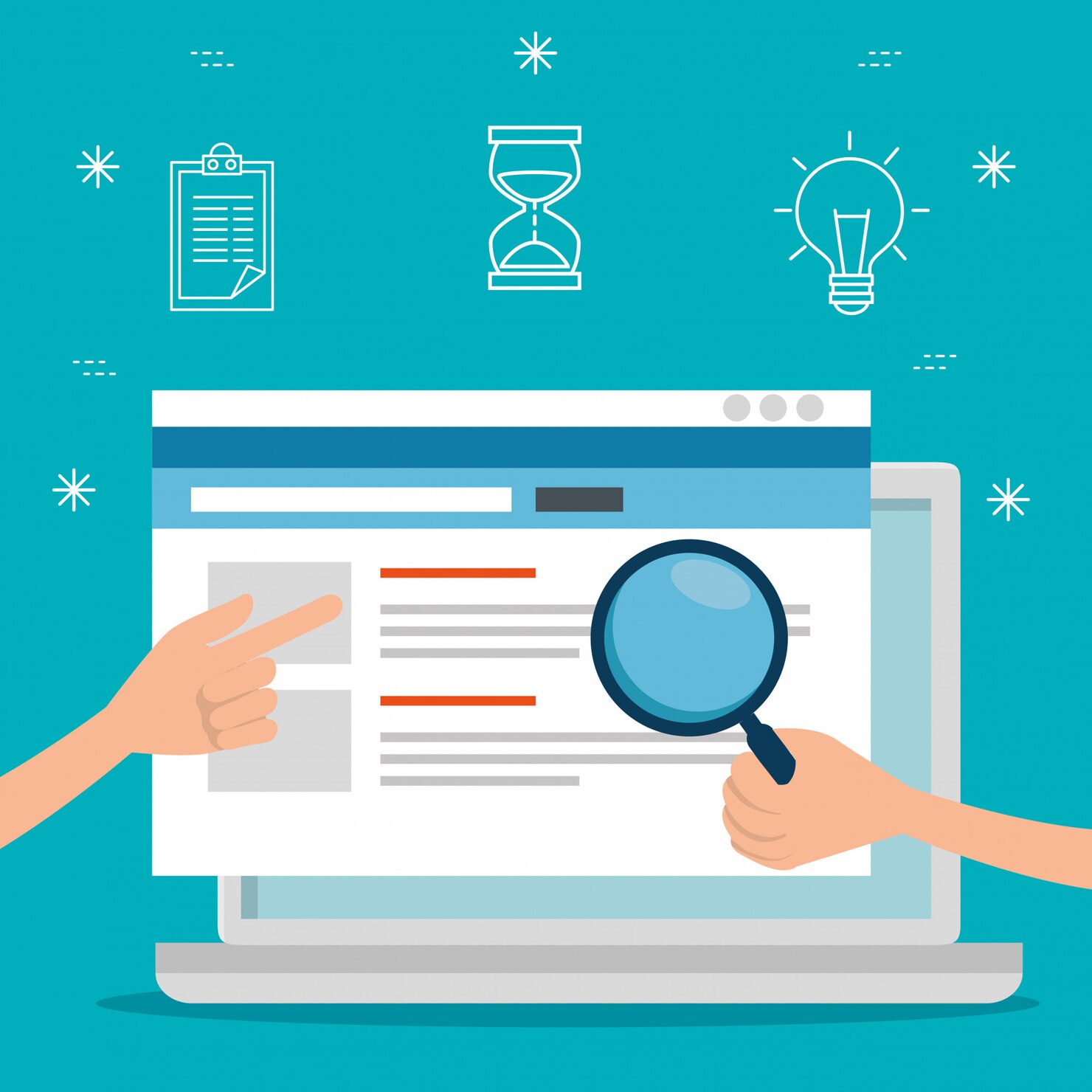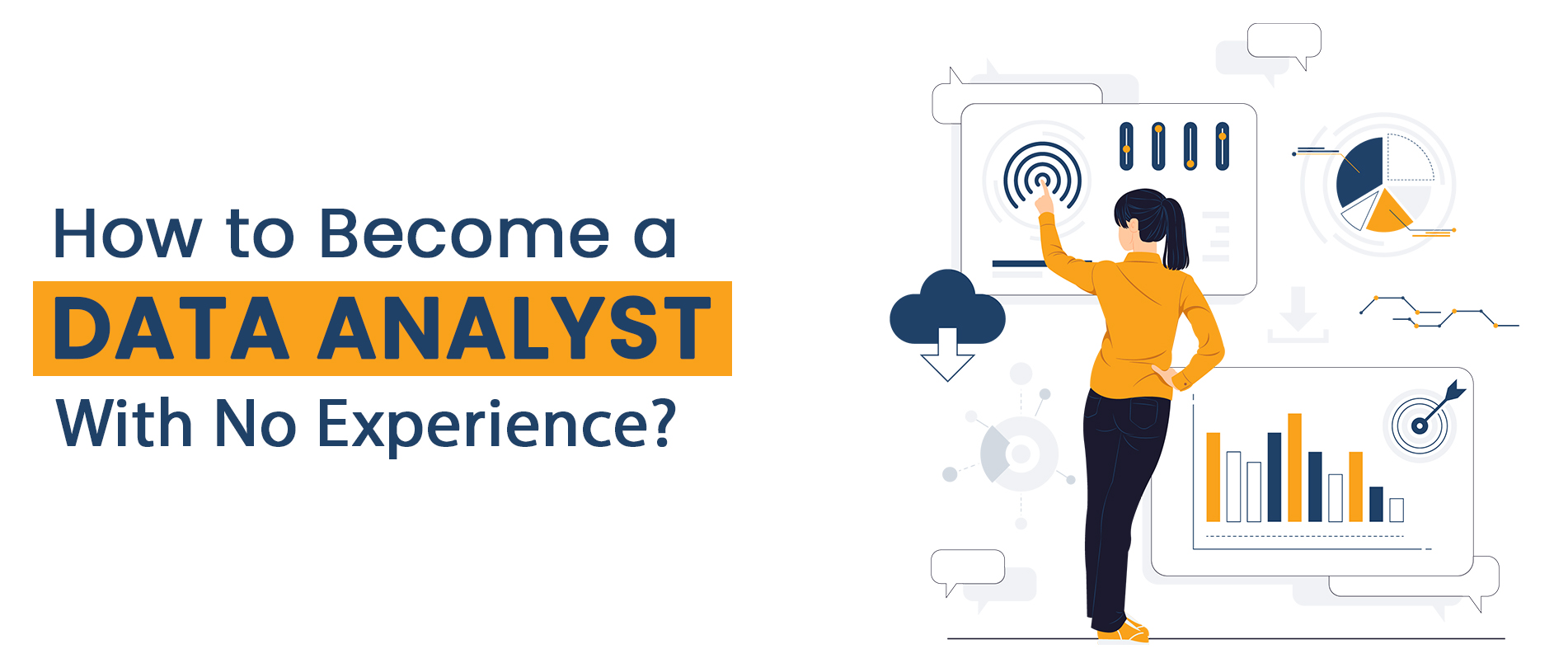Data analytics is no longer confined to seasoned experts; it has become a universal skill that anyone can learn and apply. In fact, a LinkedIn report revealed that data analysis ranks among the top ten most in-demand skills globally. The best part? You can be from any academic background, such as arts, commerce, or science, and you don't need prior work experience to start. With the right training or guidance, anyone—from fresh graduates to career switchers—can step into the world of analytics and unlock some of the most promising opportunities.
Let's see who can become a data analyst without any relevant background or experience!
.jpg)
👉This sums up: anyone interested in numbers and problem-solving with a UG degree from any field can enter the domain of data analytics and have a rewarding career.
Entry-Level Data Analyst Roadmap for Beginners
1. Take a Career Counselling Session or Talk to a Mentor!
Starting in a new field can feel overwhelming, but the right guidance makes all the difference. A quick chat with a mentor, career counsellor, professor, parent or even a trusted friend can help you cut through the confusion and find the path that suits you best. In case you need professional guidance, you can enrol for a free career counselling session with us.
2. Evaluate Your Skills and Understand Career Goals
Start with some honest self-reflection. Ask yourself a few simple questions:
- What am I naturally good at?
- Do I enjoy working with numbers?
- Does solving problems excite me?
- Am I curious about working with data?
Even if some of your answers are “yes” from the above lists, you're already on the right career track!
3. Design a Clear Roadmap with Learning
If you're starting from scratch, don't worry—you don't need to know coding or complex maths on day one. Begin by understanding what a data analyst actually does: cleaning messy spreadsheets, spotting patterns, and turning numbers into simple stories. From there, learn one skill at a time. With a step-by-step plan, the field no longer looks overwhelming.
4. Get a Strong Hold of Technical and Soft Skills
To become a data analyst without experience or any related background, you need to learn the basic skills in both technical and workplace settings. You need to be familiar with tools such as Excel, Power BI, and MySQL. Acquiring these top data analyst skills will enable you to enter the workplace with confidence. Additionally, polish your skills in effective communication, critical thinking, and problem-solving to perform more effectively in the workplace.
You can invest in learning these skills and tools by enrolling in a data analyst course or boot camps offered by numerous institutions, both online and offline.

Have a Question? Drop a Query!
Have questions about our courses, training programs, or services? Our team is here to help you choose the right path and get the answers you need.
Get personalized guidance.
Understand course details and fees.
Clarify your career path.
Connect with our experts.
5. Work on Personal Projects or Volunteer on Data Platforms
As you learn the skills, tools, and foundational concepts of data analytics, begin working on projects and volunteering. You can start this by joining platforms like Kaggle, DataKind, and GitHub to gain real-time experience and exchange knowledge.
6. Create a Strong Portfolio
After applying your data analytics skills and tools through projects like those mentioned above, create a portfolio to showcase to recruiters and enhance your job profile visibility. This serves as the strongest tool for beginners to secure better opportunities in the field, even with limited experience.
7. Focus on Networking and Mentorship
Entering the field of data analytics isn't just about learning tools—it's about learning from people. Connect with mentors and professionals already in the field. Join online communities on LinkedIn, such as Big Data, Data & Business Intelligence, and Global Analytics Network and on other platforms or groups from Kaggle or Reddit. These networks help you gain insights, clear doubts faster, and discover job opportunities.
8. Craft Your CV and Cover Letter
After your portfolio is ready, design a strong CV and cover letter. Highlight your relevant knowledge, mention the tools you've used, and tailor your approach to each job description. Employers use tools called ATS (Application Tracking Systems) to scan resumes. If you use role-specific keywords in your resume, your profile has a better chance of being shortlisted.
9. Prepare Well for Interviews
The next step is to be interview-ready. You need to revise the fundamentals of data analytics as a beginner step. Research and practice frequently asked questions. Beyond enabling technical knowledge and confidence, effective communication can make a significant difference in how you come across to the interviewer.
10. Commit to Continuous Learning
As you start your journey as a data analyst, the learning won't stop there. Keep learning from the communities you join, stay updated with new tools, trends, and skills. This will help you in the long run to keep growing professionally and personally.
This data analyst roadmap for beginners not only helps to kick-start your career but also enables you to enter the data world with greater clarity and confidence.
Here's a Quick Snapshot 👇
.jpg)

Still doubtful?
Just look at some of the ExcelR alumni who began with no prior experience—or even from entirely different fields—and successfully became data analysts from scratch!
.jpg)
.jpg)
Key Takeaway:
| ✅ Anyone can begin or transition into this field with the right guidance and preparation. |
| ✅ The field is expanding rapidly across industries. |
| ✅ Learning core skills and tools makes entry into this career easier. |
| ✅ Companies seek data professionals to drive growth. |
| ✅ The demand for analytics experts is increasing in India and worldwide. |
| ✅ Analytics skills are now valued across almost every sector. |






.jpg)




